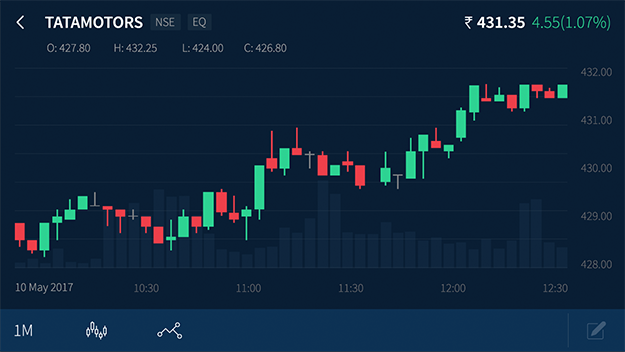
Hedge funds, often associated with high returns and sophisticated investment strategies, have a significant influence on financial markets that extends beyond their performance. In this article, we take a look at the perspective of experts like Scott Tominaga on hedge funds and explore their broader impact on market dynamics, liquidity, risk management, and investor behavior.
1. Market Liquidity
Hedge funds play a vital role in providing market liquidity. Their active trading activities and ability to enter and exit positions swiftly contribute to market efficiency. By actively buying and selling securities, hedge funds facilitate price discovery and enhance market liquidity, benefiting other market participants, including institutional investors and individual traders.
2. Price Discovery and Efficiency
Hedge funds contribute to price discovery by analyzing market information, identifying investment opportunities, and taking positions accordingly. Their research-driven approach and ability to exploit market inefficiencies help ensure that asset prices reflect available information and fundamentals. This process enhances market efficiency and improves the overall functioning of financial markets.
3. Risk Management
Hedge funds employ various risk management techniques, which have broader implications for the stability of financial markets. Through strategies such as hedging, diversification, and the use of derivatives, hedge funds mitigate risk and contribute to overall market resilience. Their risk management practices can help reduce systemic risk and provide stability during periods of market stress.
4. Corporate Governance and Activism
Hedge funds often engage in corporate governance activities, advocating for changes in management, corporate policies, or financial structure of target companies. Through activism, hedge funds encourage improved corporate governance practices, increased transparency, and shareholder value enhancement. This activism can influence management decision-making, corporate strategy, and ultimately shape the governance landscape of the companies they invest in.
5. Investor Behavior and Market Sentiment
Hedge funds’ investment decisions and market activities can influence investor behavior and market sentiment. Their trading activities, including short-selling and position adjustments, may impact market psychology and investor sentiment towards specific securities or sectors. Market participants often monitor hedge fund activities as signals of market trends, potential opportunities, or risks, shaping their own investment decisions accordingly.
6. Capital Allocation and Investment Opportunities
Hedge funds allocate capital to various asset classes, including those with limited liquidity or specialized investment strategies. By investing in less accessible markets, such as private equity, venture capital, or distressed assets, hedge funds contribute to the flow of capital to areas where traditional investors may face constraints. This capital allocation process supports innovation, entrepreneurship, and economic growth.
7. Regulatory and Compliance Standards
Regulatory oversight and compliance requirements for hedge funds vary across jurisdictions. However, regulatory authorities continuously review and update regulations to enhance transparency, investor protection, and systemic stability. The evolving regulatory landscape aims to strike a balance between fostering innovation, ensuring market integrity, and safeguarding investor interests.
8. Broader Financial Ecosystem
Hedge funds are integral to the broader financial ecosystem, interacting with various market participants, including institutional investors, banks, brokers, and other financial intermediaries. Their activities generate business for these entities, including prime brokerage services, custodial services, and trade execution. This ecosystem provides employment opportunities and drives economic activity within the financial sector.
To sum up, hedge funds’ impact on financial markets goes beyond their performance and investment strategies. Their contributions to market liquidity, price discovery, risk management, corporate governance, and investor behavior shape the dynamics of financial markets. Recognizing their broader impact allows for a more comprehensive understanding of the role hedge funds play in the global economy. As the landscape continues to evolve, market participants, regulators, and investors should assess the benefits, risks, and implications associated with hedge fund activities to ensure the overall stability and integrity of financial markets.





